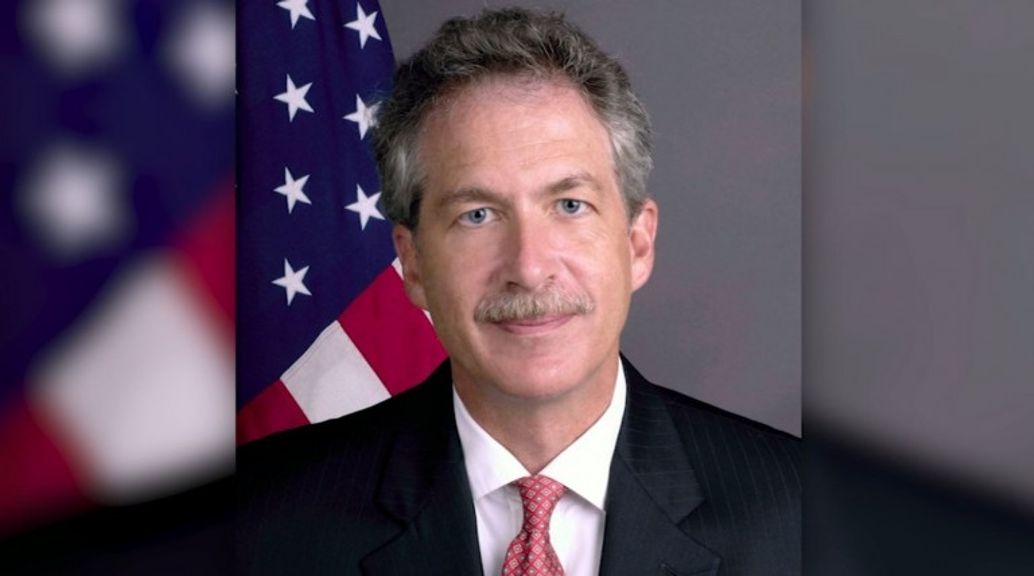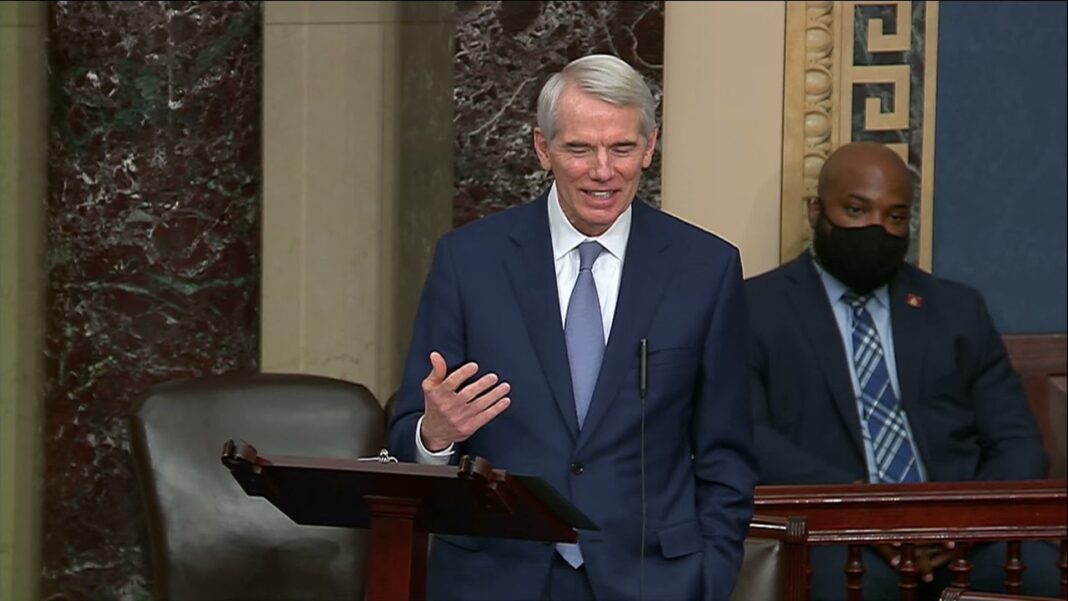
Despite President Biden’s Central Intelligence Agency Director Bill Burns testifying he cut ties to a Chinese Communist Party-linked influence group, The National Pulse can today reveal the controversial relationship between the Carnegie Endowment – formerly led by Burns – and the Chinese Communist influence group continued through 2021.
Burns became president of the Carnegie Endowment for International Peace in March 2015 and claimed, during Senate confirmation hearings, that he merely “inherited” the think tank’s longstanding relationship with the China-United States-Exchange Foundation (CUSEF).
CUSEF is part of the Chinese Communist Party’s United Front Work Department, which seeks “to co-opt and neutralize sources of potential opposition to the policies and authority of its ruling Chinese Communist Party” and “influence foreign governments to take actions or adopt positions supportive of Beijing’s preferred policies,” according to the U.S. government.
Purporting to be “increasingly worried about the expansion of Chinese influence operations,” Burns, who currently leads the Central Intelligence Agency (CIA), was adamant he cut Carnegie’s ties with CUSEF “not long after” he began his tenure.
Burn’s statements, however, are at odds with a report published by the Carnegie Endowment on April 8th, 2021: “China-U.S. Cyber-Nuclear C3 Stability.”
“This paper was produced through a three-year dialogue led by Carnegie and the Shanghai Institute for International Studies, with inputs and review provided by American and Chinese technical and military experts,” a Carnegie press release reads, revealing the project began in 2018.
The Shanghai-based, Chinese Communist Party-run think tank working alongside the Carnegie Endowment admits “financial support” from CUSEF fueled the endeavor. As Chen Dongxiao, President of the Shanghai Institutes for International Studies, buries in the 61-page report:
I also hope that SIIS and Carnegie will continue to conduct joint research around U.S.-China cybersecurity issues and make greater contributions to U.S.-China relations. As always, Shanghai Institute for International Studies is grateful for financial support from the China-United States Exchange Foundation to help SIIS taskforces conduct joint research on U.S.-China relations, including this pathbreaking work with Carnegie Endowment for International Peace.
The paper itself focuses on tackling “cyber threats to nuclear command, control, and communications systems” – despite Chinese Communist Party entities routinely conducting cyberattacks against U.S. interests including government agencies.
The unearthed ties add to other developments discrediting Burns’s claims he took a stand against CUSEF overtures, as the Chinese Communist Party group’s founder visited the Beijing-based Carnegie-Tsinghua Center in 2017.
Carnegie’s 2018 financial report also lists CUSEF – effectively the Chinese Communist Party – as a donor.
That the Central Intelligence Agency’s director maintained a relationship with Chinese influence operations should perhaps have been disqualifying during the confirmation process. Republicans on Capitol Hill have scarcely shown concern for such matters.








